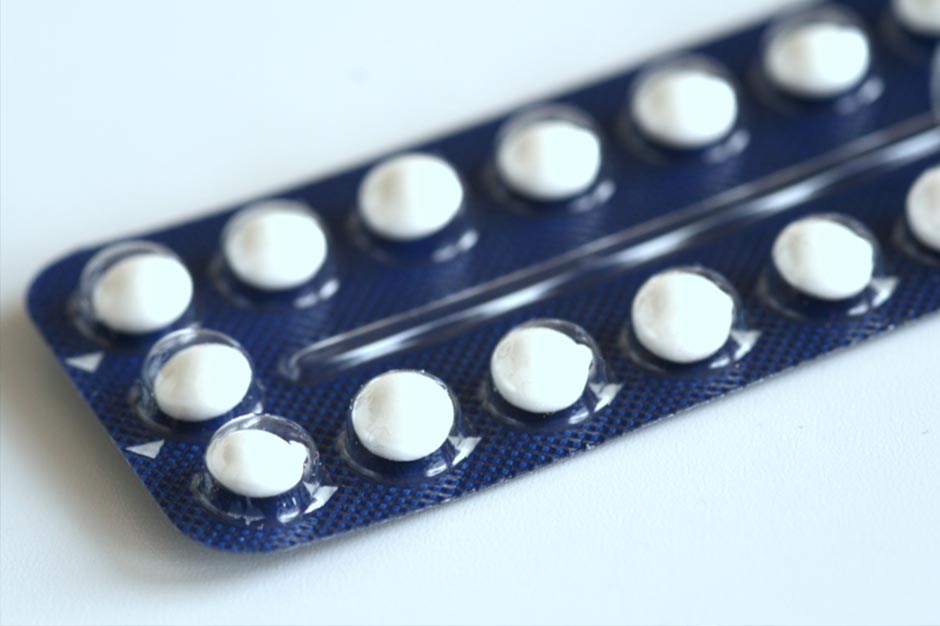Desogestrel Could Effectively Be Used to Reduce Endometriosis-Related Pain Following Surgery
Mar 24, 2017
In order to test whether desogestrel is able to relieve endometriosis-related pain, researchers conducted a double-blind and randomized placebo-controlled trial (where neither the patients nor the clinician know who is getting the drug and who is getting a placebo), in 40 endometriosis patients with moderate-to-severe period pain or chronic pelvic pain, undergoing surgery.
Desogestrel, could be an effective and acceptable therapy following surgery for women with moderate-to-severe pain related to endometriosis, according to the results of a randomized controlled clinical trial (NCT01559480), which were published in the journal Gynecological Endocrinology.
Desogestrol is a progestin, or synthetic version of the female hormone progesterone. It is often used in hormonal contraceptives.
In order to test whether desogestrel is able to relieve endometriosis-related pain, researchers conducted a double-blind and randomized placebo-controlled trial (where neither the patients nor the clinician know who is getting the drug and who is getting a placebo), in 40 endometriosis patients with moderate-to-severe period pain or chronic pelvic pain, undergoing surgery.
The results showed that six months after surgery, women receiving desogestrel had significantly lower period pain and pelvic pain compared to those receiving placebo. They also had a greater reduction in overall pain, period pain, and pelvic pain. The reduction of pain during sexual intercourse was comparable between women who received the drug and those who received placebo.
Four patients in the placebo group still had moderate-to-severe pelvic pain six months following surgery while none of the patients in the desogestrel group had this.
More patients in the desogestrel group rated the treatment as very satisfactory than in the placebo group.
No serious adverse events occurred during the trial.
“[D]esogestrel … is an effective and acceptable postoperative treatment for preventing recurrent endometriosis-related pain in the patients with moderate-to-severe symptom,” the authors concluded and added that studies with larger number of participants and longer periods of follow-up are needed before the treatment can be adopted in routine clinical practice.
Research Source: http://www.tandfonline.com/doi/full/10.1080/09513590.2017.1296124?needAccess=true
hormonal-or-surgical

